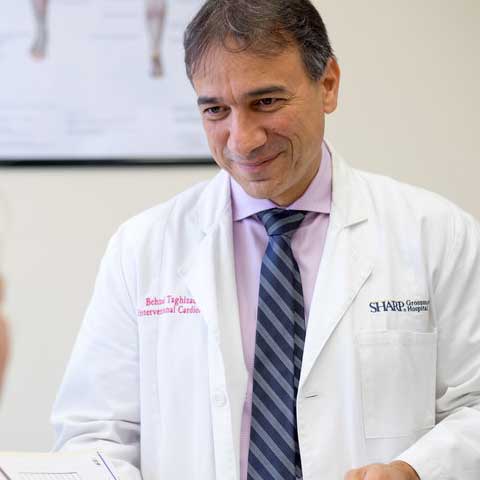You may feel alarmed if your heart races or seems to skip beats now and then. Episodes of atrial fibrillation, an irregular heart rate condition, can increase your risk of dangerous health complications like heart attack and stroke. Interventional cardiologist Behzad Taghizadeh, MD, FACC, has the expertise to help you manage atrial fibrillation, so it doesn’t put you at risk for a life-threatening condition. To schedule an evaluation for atrial fibrillation at the La Mesa, California, or San Diego, California, location, call San Diego Varicose Vein Treatment Center or book an appointment online.
Atrial Fibrilation Q & A
Schedule a Free Vein Treatment Consultation*
Place a call or book a free consultation today. Let one of our expert physicians show you why San Diego Varicose Vein Treatment Center is the leader in varicose vein treatment.
*Contact us for free consultation details
*Contact us for free consultation details
ASK A QUESTION!


